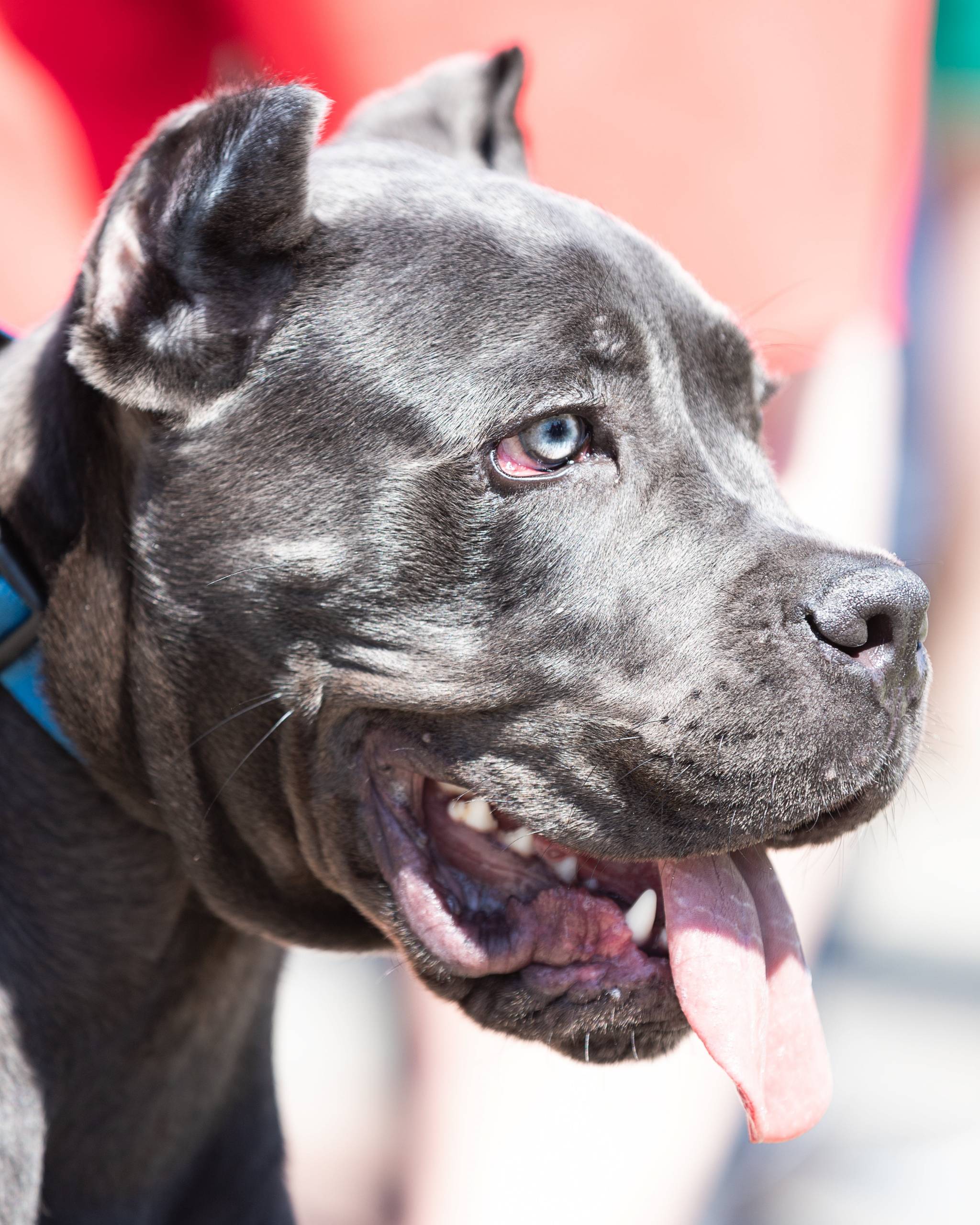Constipation in dogs can cause distress for both pets and their owners. When a dog struggles to relieve itself, it may experience discomfort, pain, and potentially serious health issues if not addressed promptly. Knowing how to help a dog with constipation is essential for any responsible dog owner. With the right information and a compassionate approach, you can help your furry friend feel better quickly.
Causes of Canine Constipation
Constipation occurs when a dog has difficulty passing stool, leading to infrequent or hard, dry stools. Several factors can contribute to this condition, including dehydration, a diet low in fiber, inactivity, or certain medications. If your dog is straining to poop or hasn’t had a bowel movement in more than a day, it’s likely they are constipated. Early identification of the problem can facilitate resolution.
Dietary Adjustments
One of the first steps in helping a constipated dog is evaluating their diet. A diet low in fiber can significantly contribute to constipation. Ensuring your dog has enough fiber is crucial. High-fiber foods can promote regular bowel movements by adding bulk to the stool. Consider incorporating plain canned pumpkin (not the spiced pie filling) into your dog’s meals. A tablespoon mixed into their food can make a significant difference.
Adding green beans to your dog’s diet is another option. These are low in calories and high in fiber, aiding smoother digestion. Offer them cooked or raw, but chop them into manageable pieces to prevent choking. If your dog is particular about their food, blending these vegetables into their meals can help mask the taste while still providing necessary fiber.
Importance of Hydration
Hydration is key in preventing and treating constipation. Ensure your dog has access to fresh water at all times, as dehydration can lead to hard stools that are difficult to pass. If your dog isn’t drinking enough, try adding water or low-sodium broth to their food to encourage hydration. Some dogs may also enjoy ice cubes made from broth or fruit juices as a treat.
Role of Exercise
Exercise plays a vital role in maintaining a healthy digestive system. Regular walks and playtime can stimulate your dog’s digestive tract and help prevent constipation. For older dogs or those with mobility issues, gentle exercises or short walks can still provide benefits. A well-exercised dog is more likely to have regular bowel movements.
Over-the-Counter Solutions
If dietary adjustments and increased hydration don’t seem to help, consider over-the-counter options. Some veterinarians recommend mild stool softeners or laxatives specifically formulated for dogs. Always consult with a veterinarian before starting any new treatments to ensure safety and appropriateness for your dog’s health needs.
Natural Remedies
Natural remedies can also provide relief. Coconut oil is a popular option; a small amount mixed into your dog’s food can help lubricate the digestive system. Similarly, olive oil may be effective—just a teaspoon mixed in with their food can assist.
Seeking Veterinary Help
If your dog does not respond to home treatments or shows signs of distress such as vomiting, lethargy, or a bloated abdomen, it’s crucial to seek veterinary attention. These symptoms can indicate more serious issues, like intestinal blockages or other gastrointestinal problems that require professional intervention.
Massage Techniques
Gentle abdominal massages can stimulate the digestive system and promote bowel movements. Use soft, circular motions on your dog’s belly, avoiding any sensitive areas. This method works best alongside dietary changes and proper hydration.
Long-Term Prevention
For long-term prevention of constipation, maintaining a balanced diet with adequate fiber is essential. Regular veterinary check-ups can help catch potential health issues early on. If your dog tends to be constipated, a veterinarian may recommend specific dietary changes or supplements.
Breed Considerations
Some dog breeds are more prone to constipation due to their unique anatomy. Breeds with short noses, like bulldogs and pugs, may be more susceptible. Being aware of your dog’s breed can help you take proactive measures to prevent constipation.
Monitoring Your Dog’s Health
If your dog has a history of gastrointestinal issues, monitor their bathroom habits closely. Keeping a record of when your dog poops and any notable changes in behavior can provide valuable information for your veterinarian if assistance is needed.
Pay attention to your dog’s behavior. Signs such as discomfort or excessive licking of their rear end may indicate trouble. Addressing these issues promptly increases the chances of helping your pet feel comfortable again.
Taking Action
When it comes to helping a dog with constipation, acting quickly is important. If you notice signs such as straining or infrequent bowel movements, take immediate action. The longer the issue persists, the more difficult it may become to resolve.
While minor constipation issues can often be managed at home, recognizing when professional help is needed is essential. A veterinarian can provide tailored advice based on your dog’s specific needs and health conditions. Taking care of your dog’s digestive health is a critical aspect of responsible pet ownership.



